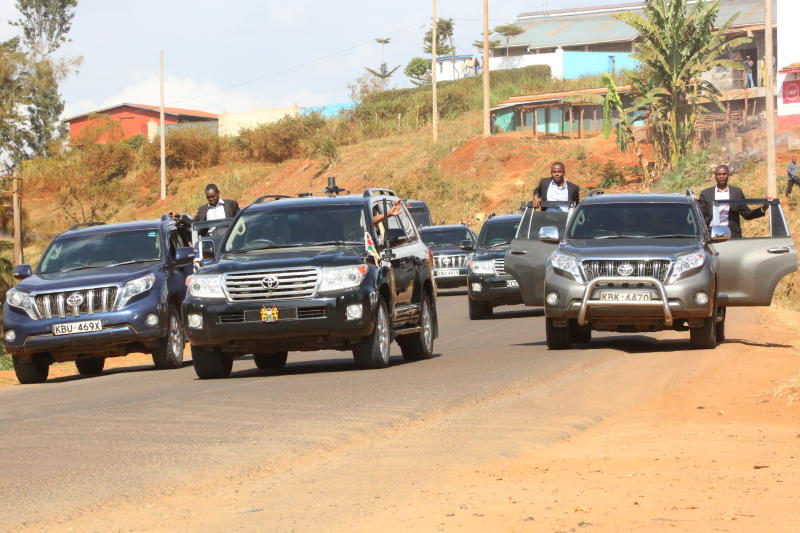×
The Standard e-Paper
Fearless, Trusted News

NAIROBI, KENYA: Politicians have taken the referendum debate to a new level with discussions on whether Kenya needs to hold another plebiscite.
A key reason given by many in support of a referendum is the constitutional offices and commissions introduced in 2010 that are alleged to be an additional financial burden to taxpayers.